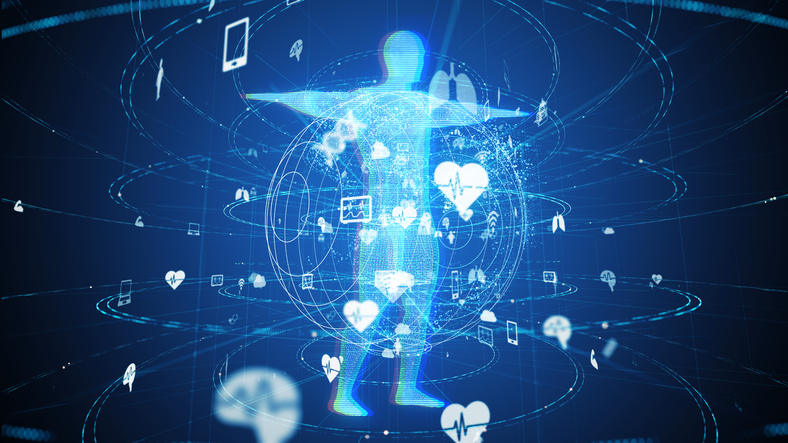
@ShahidNShah


Remote, patient-centered technologies, like sensors and wearables, have become an essential part of clinical research, especially in the age of Covid-19, when physical restrictions are placed on patients and clinical sites.
Sensors can help to track a wide variety of key metrics, including respiratory rate, sleeping patterns, blood pressure, heart rate, and other critical health functions that historically have been monitored during traditional onsite visits and check-ins.
The marriage of cloud and sensor technology allows us to move from the staccato rhythm of traditional medical care to a continuous stream, from a low-frequency data environment to a high-frequency one, one where real-time access to those data allows for instant action.
What’s happening in the world of sensors is exciting, but what is most compelling is the potential for these technologies to propel life sciences toward patient-centric operating models.
Continue reading at medcitynews.com
Given today’s enormous healthcare challenges, a growing number of physicians recognize the value of seamless, automated patient health data exchange and its contribution to overcoming issues related …
Connecting innovation decision makers to authoritative information, institutions, people and insights.
Medigy accurately delivers healthcare and technology information, news and insight from around the world.
Medigy surfaces the world's best crowdsourced health tech offerings with social interactions and peer reviews.
© 2025 Netspective Foundation, Inc. All Rights Reserved.
Built on Apr 25, 2025 at 12:44pm